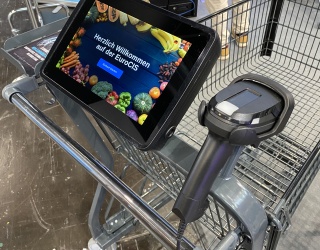Many people have strong habits when it comes to shopping, preferring favorite stores and favorite brands. But a new study in the Journal of Marketing Research suggests that these same shoppers may have hidden habits that are hurting sales.
“Evidence suggests the existence of customer habits, beyond repeat purchases, that have serious implications for profits and firm performance. Whereas repeat purchase habits have been studied and shown to have a positive impact on sales, there are other common habits which have a notably negative effect on a company’s bottom line,” write authors Denish Shah, V. Kumar, and Kihyun Hannah Kim of Georgia State University.
Authors examined the habits of customers at a major national chain store to see whether they exhibited habits beyond simply coming back to the store and repeatedly buying the same products. They found that a significant percentage of customers had a strong habit of returning products, or a habit of buying items only if they were on sale. The authors found this very significant, because many of the same customers who were thought to be helping the company through repeat purchases were actually hurting the company by returning products, or by rarely buying products at full price.
The authors suggest that a high level of returns may require the introduction of a more stringent return policy, and that if many customers only buy items when they’re on sale, the company may need to examine its overall pricing policy. The authors warn, however, that people with strong habits are the most likely to resent change, and decisions must be made carefully to avoid driving these customers to competing stores.
“It is possible for managers to analyze how habit-prone their customers are, and then work on a marketing strategy that helps to cultivate customer habits which benefit the company, and deter habits which hurt it,” the authors conclude.
Source: American Marketing Association (AMA)









